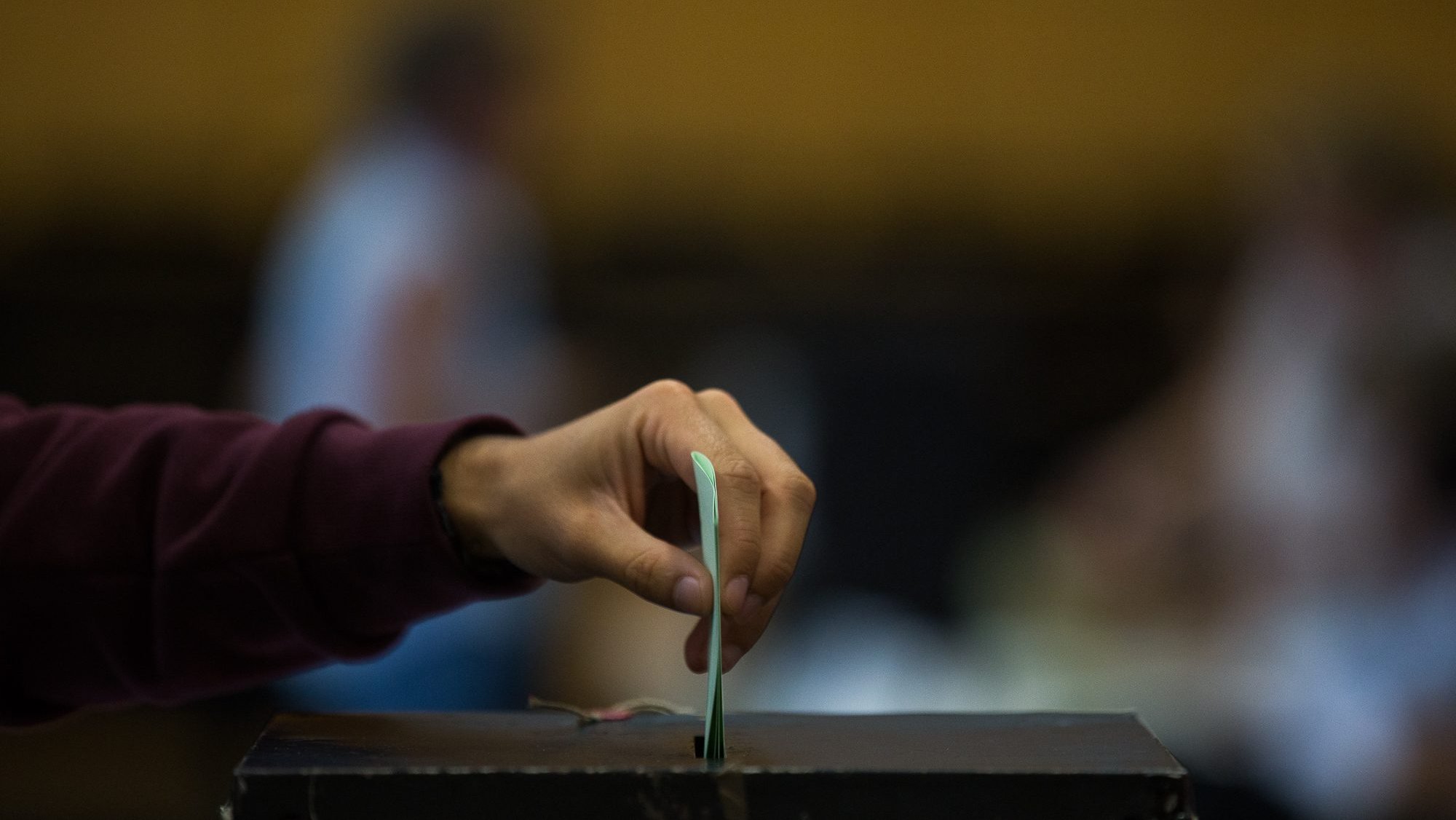The Angolan National Electoral Commission (CNE) announced this Friday that it will send invitations for electoral observation to nine international organizations, namely the European Union (EU), the African Union, the Community of Portuguese Speaking Countries, SADC and the US Carter Center
Invitations to observe the general elections in Angola, scheduled for August 24, they begin this Friday to formulate also to the Economic Community of West African States (ECOWAS), the International Conference for the Great Lakes Region (ICGLR), the SADC Forum of Electoral Commissions (Southern African Development Community) and the Conference of Jurisdictions African.
The information was transmitted by the CNE spokesman, Lucas Quilundo, who reported that the plenary session of the electoral body decided to initiate the formulation of invitations for electoral observation.
“As of this Thursday, the term is open to submit requests for electoral observation intentions,” said Lucas Quilundo, at the end of the IX extraordinary plenary session of the CNE.
The President of Angola and the CNE they are the only entities that have their own powers to issue invitations to electoral observationas established by the Electoral Observation Law.
The national observation, the official explained, depends on the requests that the organizations or individuals who wish to observe the process must address to the CNE, “so that its plenary session, in accordance with the approved regulations, and provided that they meet the requirements established in the same, be accredited for the process”.
Asked by Lusa about the accreditation requests already made by some civil society organizations, which say they have been waiting for responses from the CNE for 15 days, Quilundo explained that the process “could not start outside the legal deadlines.”
“The legal deadlines are those established by law,” observed the spokesman for the body that directs the electoral process.
“Electoral observation, as an activity, begins 30 days before the scheduled date for the elections, so the observation must begin on July 24and in addition, the law establishes that the process of submitting requests for electoral observation must be carried out 30 days before the start of the electoral campaign, so that we are punctual”, he assured.
Regarding the alleged “impossibility” of having independent observers in Angola, as denounced in some social media, the official said that the CNE does not assess how the observers “will carry out their activity.”
“I don’t know what criteria you find to consider some independent and others not. For the CNE and what the law establishes, it is fair that there is this possibility that citizens and organizations have the quality of observers”, he replied to Lusa.
“Since the CNE is requested, the plenary approves and an observer is accredited, the CNE does not make subjective assessments about the way in which it will carry out its activity, because the law determines that each individual is free to structure the way in which you are going to carry out the activity. electoral observation.
The regulation of Angolan electoral observation establishes that each body or institution can benefit from up to three observers per constituency. Angola has a national constituency and 18 provincial constituencies.
“So far, all the conditions have been created, in the opinion of the CNE, so that we have an electoral process in accordance with what the law establishes,” assured Lucas Quilundo.
General elections in Angola, the fifth vote in the country’s political history, are scheduled for August 24.
Source: Observadora
